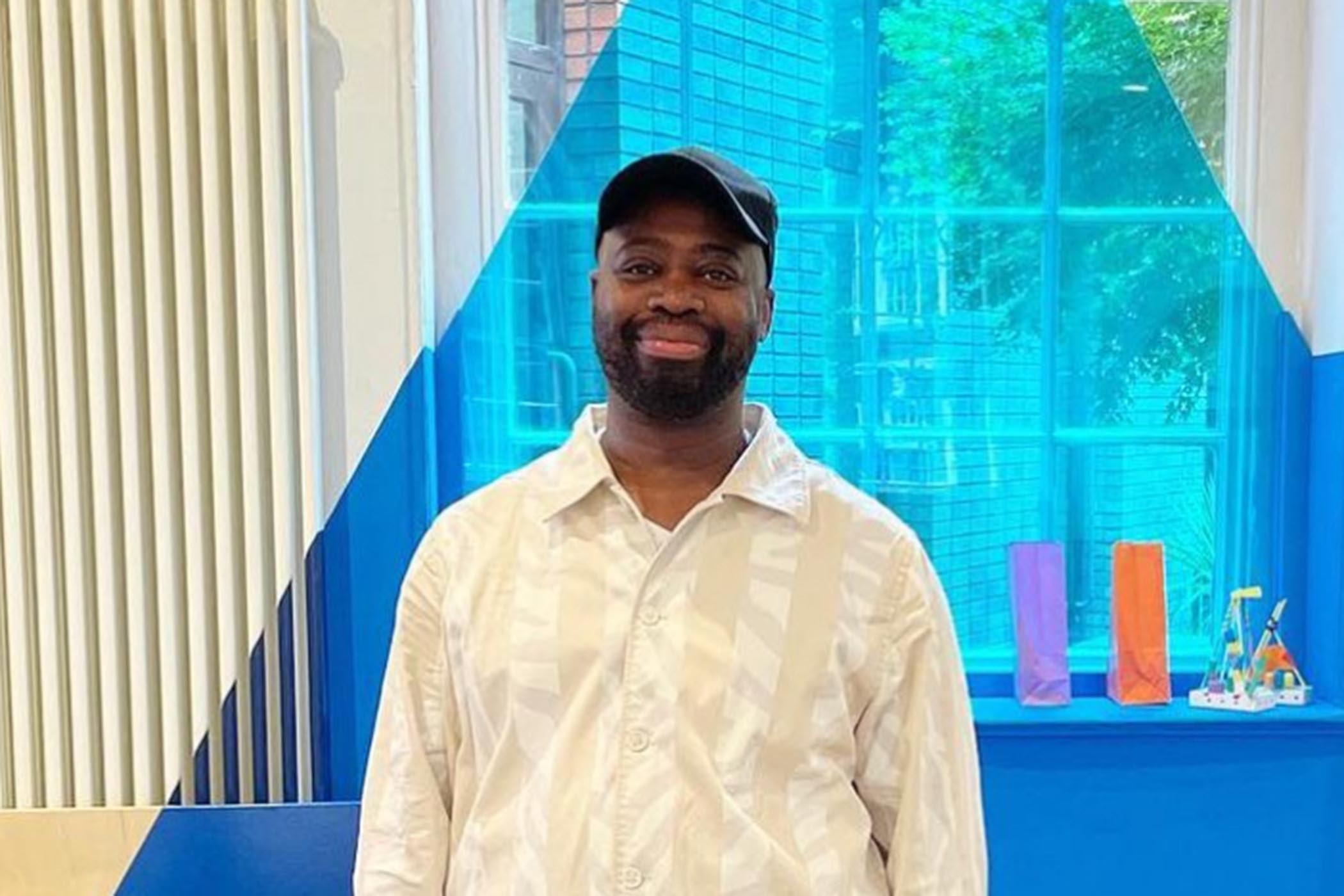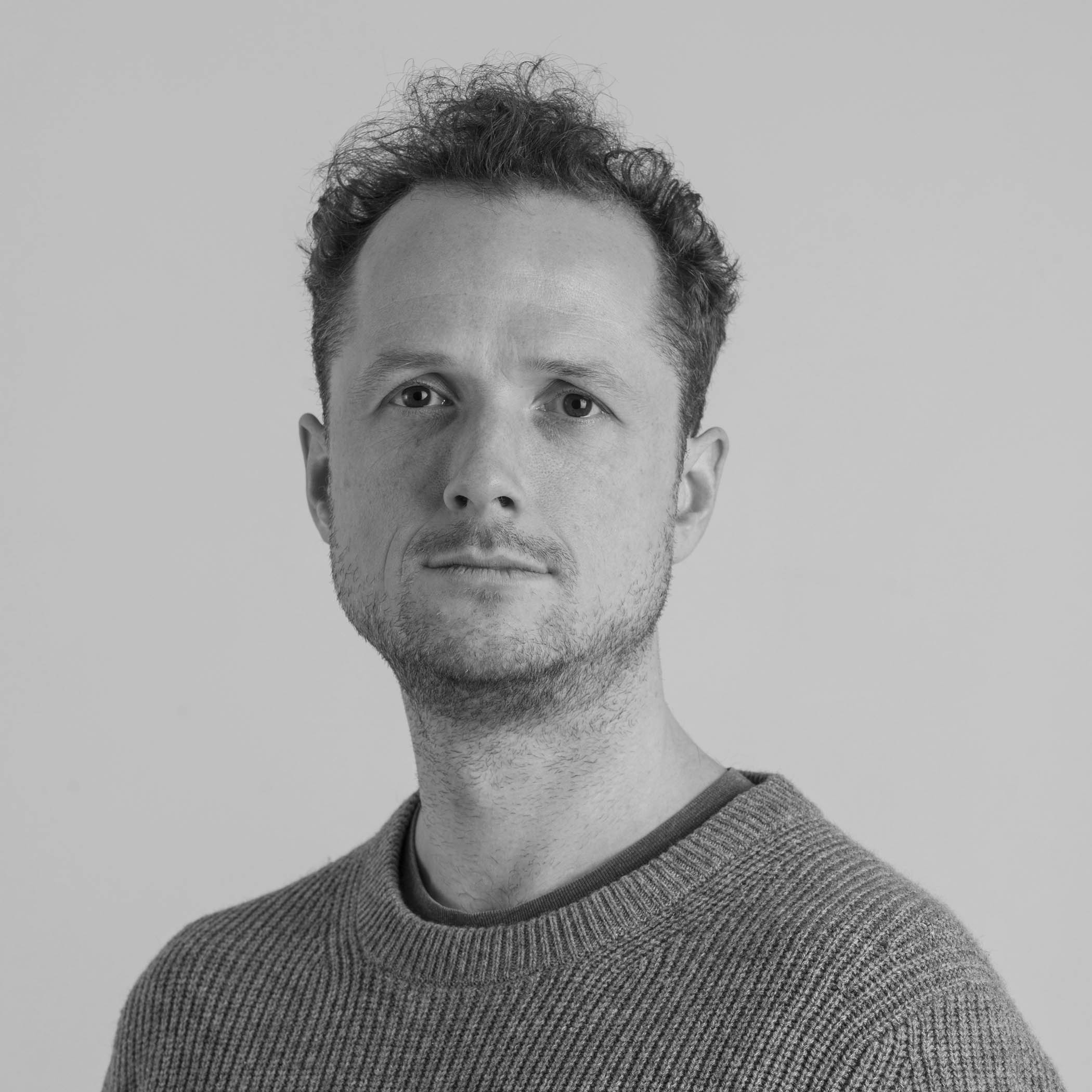Harold Offeh was born in Ghana in 1977 and grew up in London, studying at Brighton University and the Royal College of Art, where he now lectures. Known for its playfulness, his work engages with historical narratives and contemporary pop culture references across a range of media. He has exhibited around the world, including at the Tate Modern, and was nominated for the 2025 International prize for live art. A major survey of his work is on show at Kettle’s Yard in Cambridge, where Offeh lives, from 15 November. He has also created work for this winter’s Somerset House Skate in London.
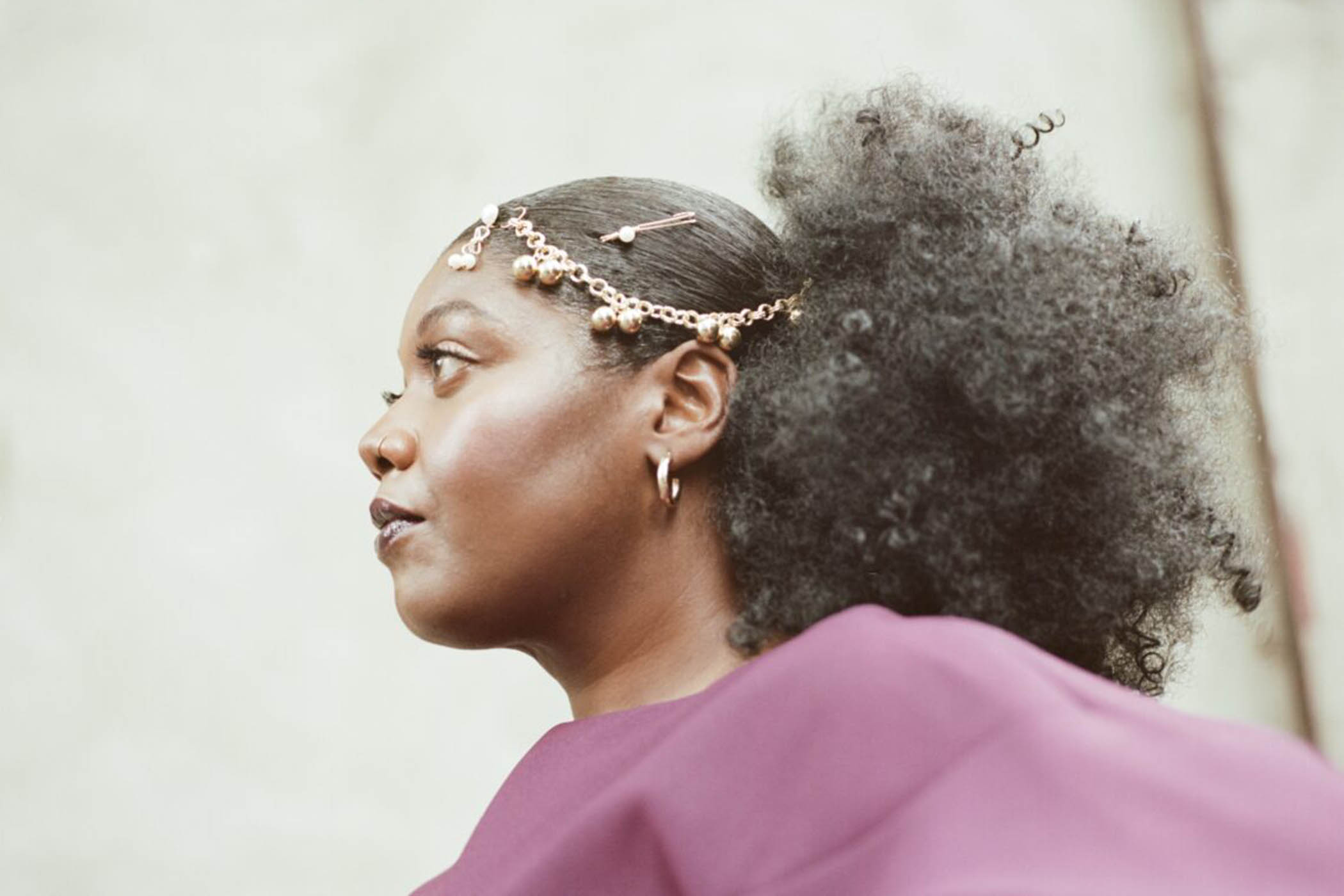
Music
Teal Dreams by Yazmin Lacey
I know Yazmin Lacey from her last album, Voice Notes. She has such an amazing, rich, smoky voice – a soothing balm that I’ve been listening to repeatedly over the past year or two, particularly songs like Fool’s Gold. So I’m really excited about her new album [Teal Dreams, which is out now]. She’s well regarded in the UK jazz scene but I’m always surprised that she isn’t more widely known. Her writing is interesting, reflective and honest, capturing moments of the everyday. And her voice really is amazing.
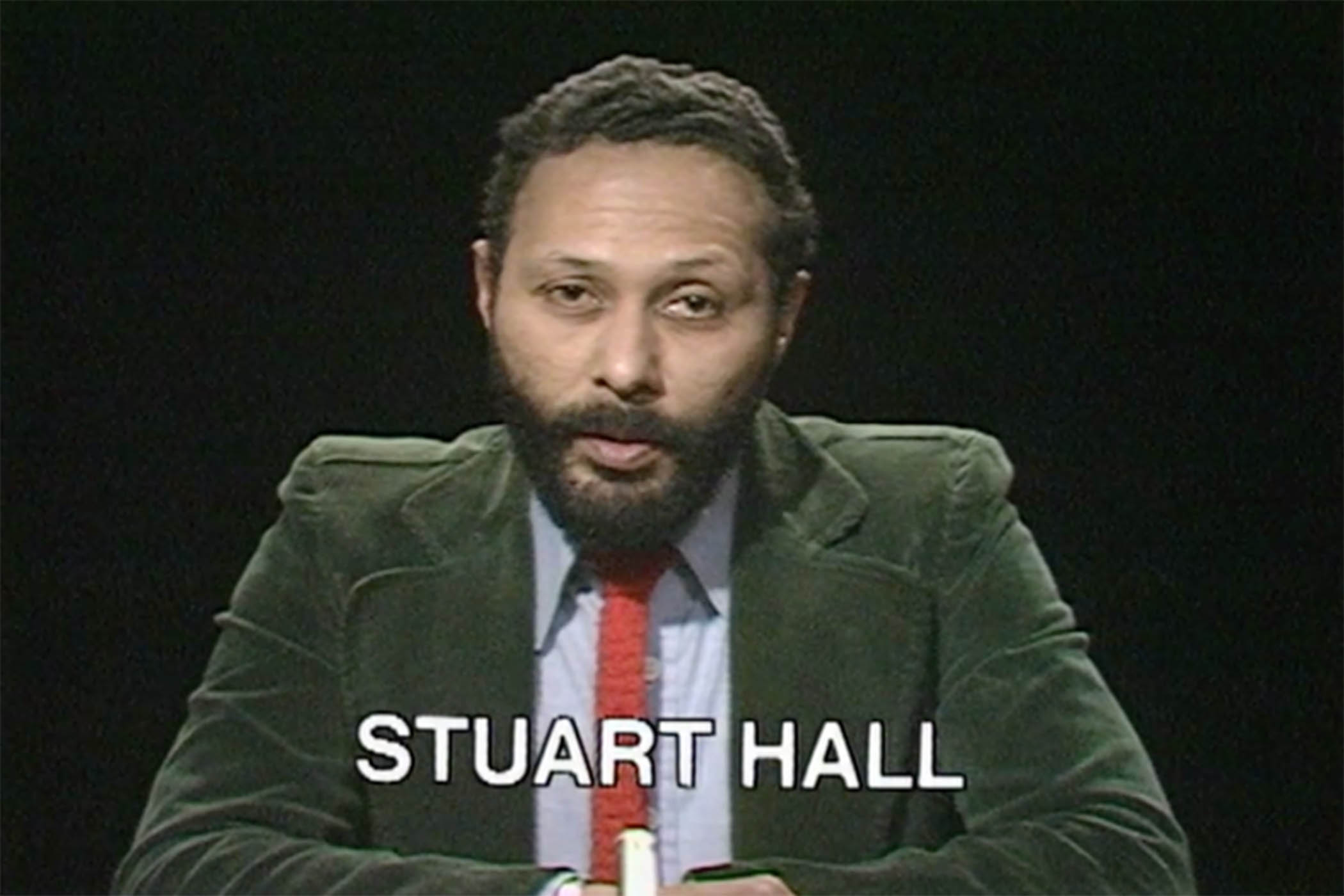
TV
It Ain’t Half Racist Mum (BBC Two)
This is a half-hour documentary from 1979 with Stuart Hall and Maggie Steed [of the Campaign Against Racism in the Media], examining their charge of TV bias against black and Asian communities. It’s part of an old BBC series called Open Door [available on BBC iPlayer], which gave a voice to marginalised groups. A colleague at the RCA recommended this as a good way of speaking about media bias and evaluating how information is shared. It’s scarily prescient – you just need to replace Enoch Powell with Nigel Farage, and Robin Day with Laura Kuenssberg.
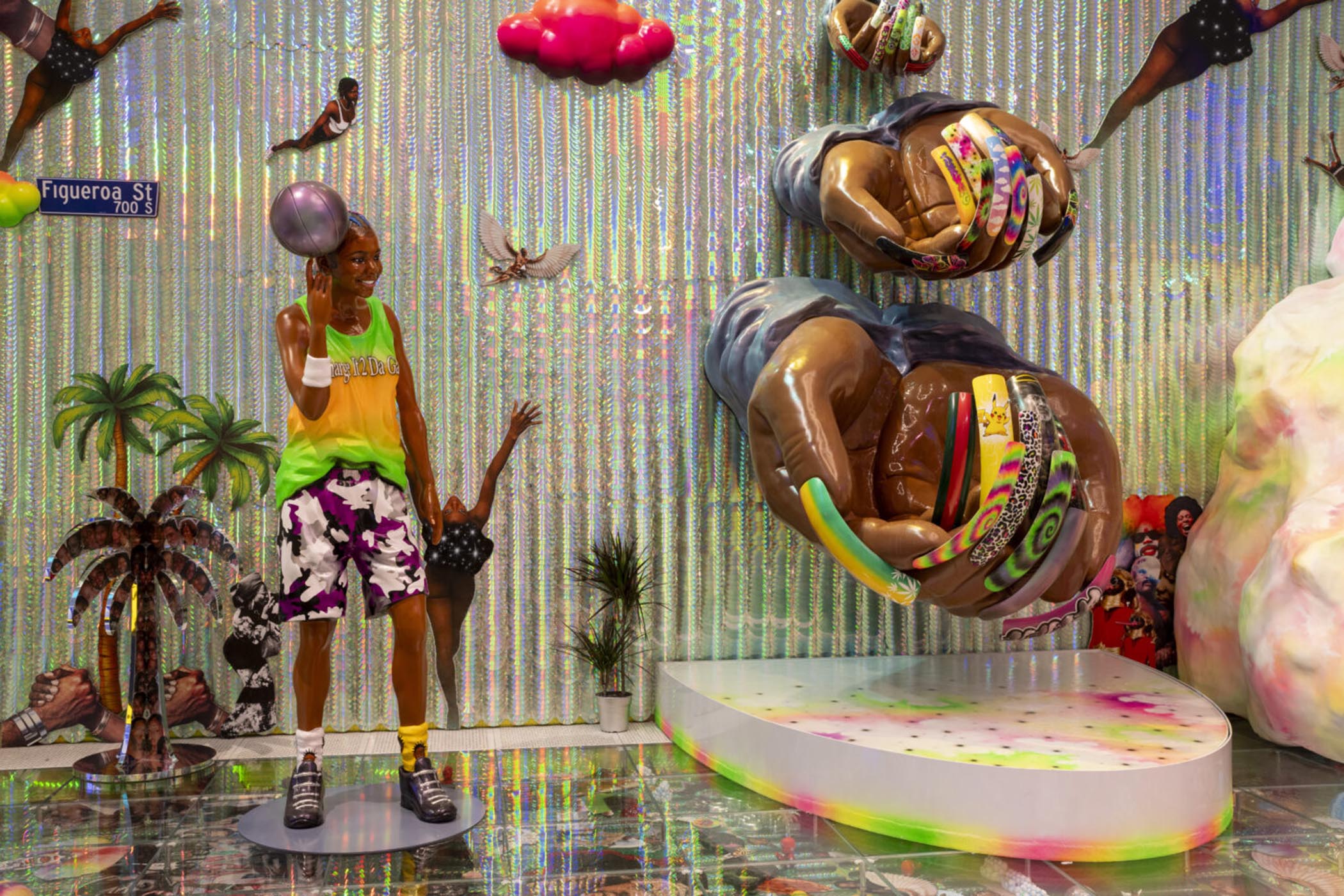
Exhibition
Lauren Halsey at the Serpentine South Gallery, London W2
This show at the Serpentine earlier this year was an amazing transformation of the space. A lot of Halsey’s work deals with black American cultural references: music, TV, hair and nail culture. Every surface was covered with cuttings from magazines; the whole show was like a collage. The pièce de résistance were these giant acrylic nails turned into a fountain. Some found it overstimulating, but the black audiences I saw had a very visceral, energised reaction. It was an example of someone being totally fearless and maximalist and bold.
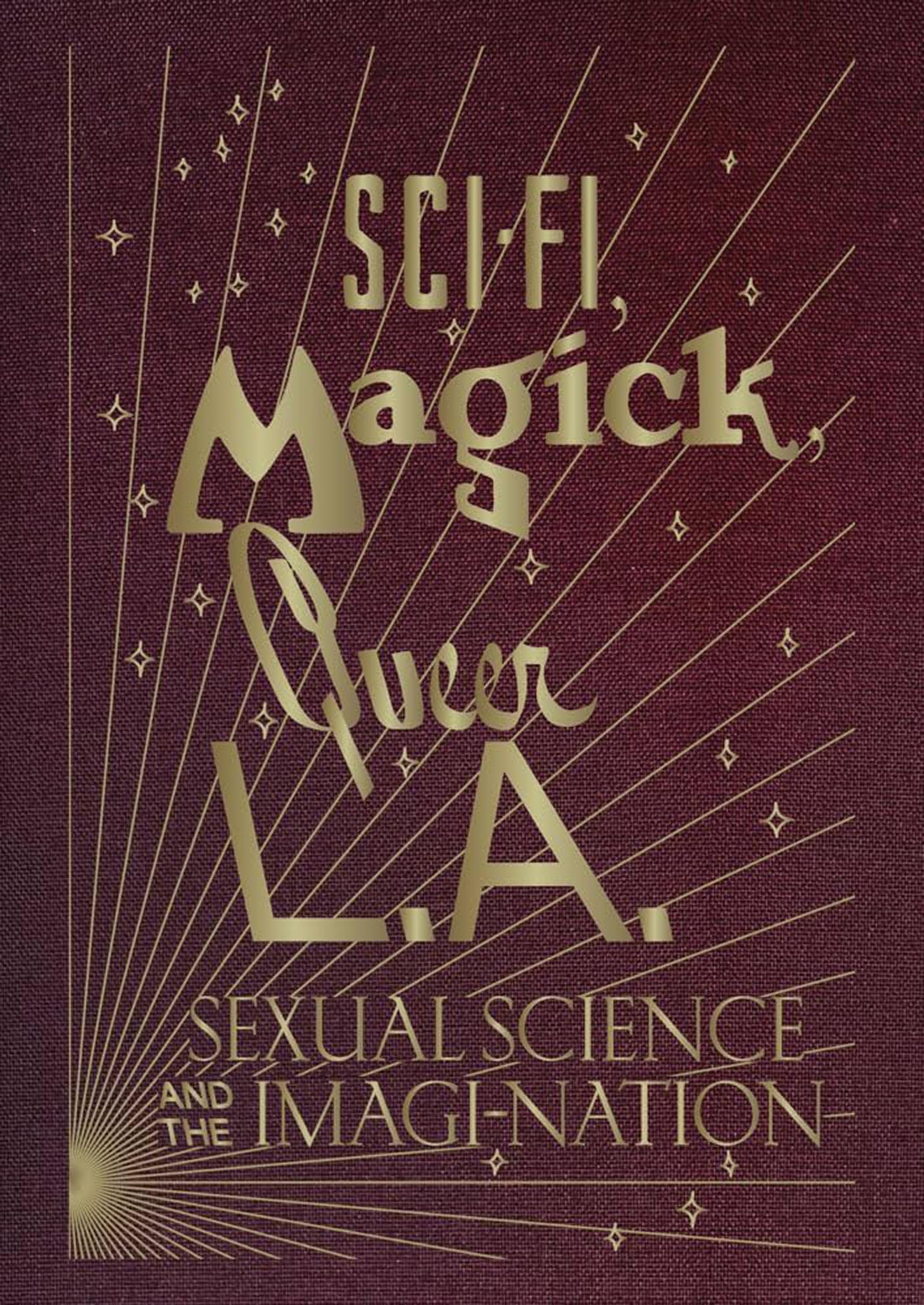
Book
Sci-fi, Magick, Queer LA: Sexual Science and the Imagi-Nation, edited by Alexis Bard Johnson and Kelly Filreis
I came across this book in the Whitechapel gallery bookshop and went: “What the hell is this?” It accompanied an exhibition at the University of Southern California. The combination of sci-fi, magic and queerness is obviously very LA. The focus is the 1930s to the 1960s, which is interesting – I associate a lot of that stuff with the 60s and 70s – and it gives a wide view of these alternative cultures. There are some great illustrations and photos of people in crazy costumes. It’s a little gem.
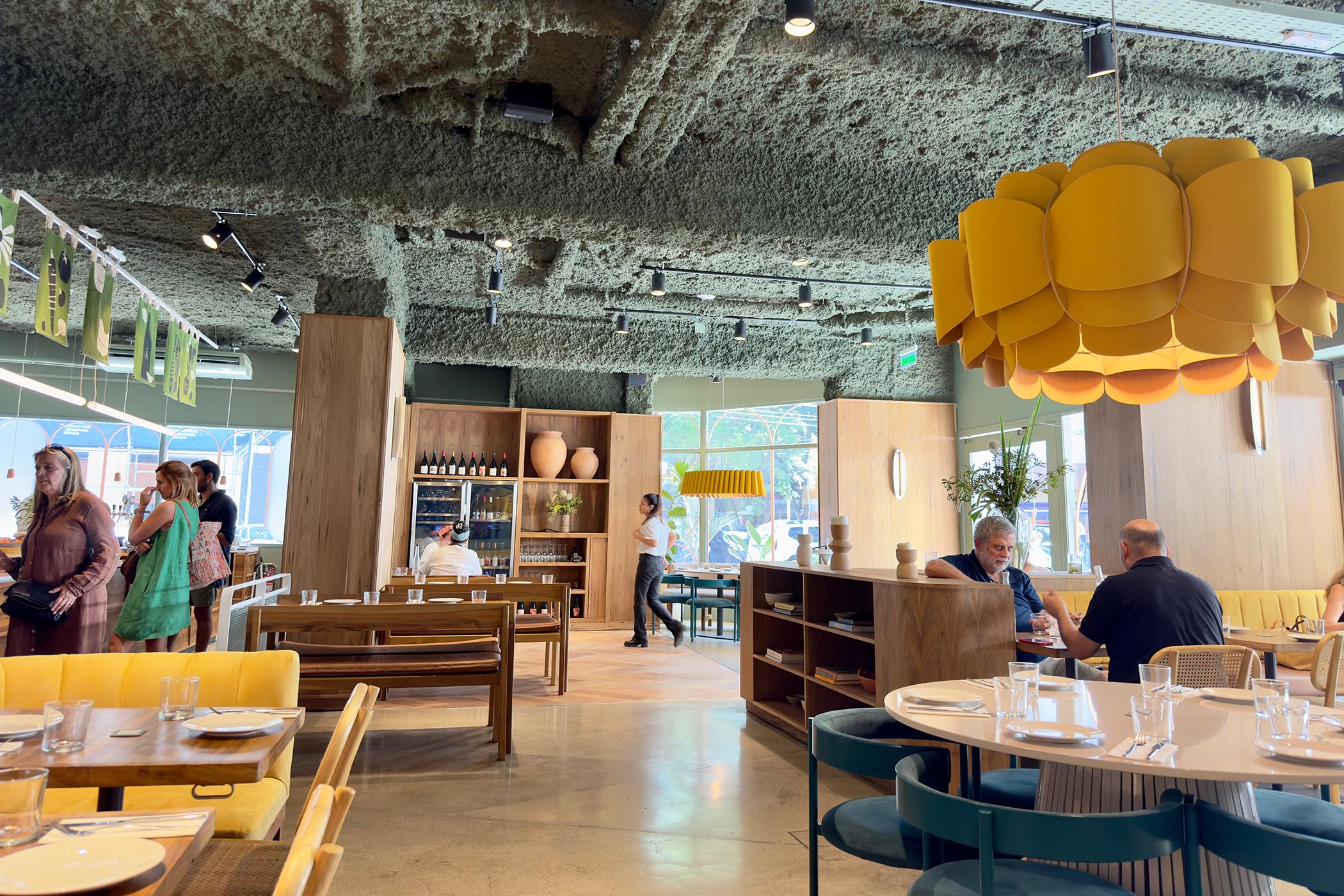
Restaurant
Casa Sáenz Botánico, Buenos Aires
This makes me sound a bit bougie, but in August I went to Buenos Aires and was checking out a lot of restaurants. Usually there’s so much research involved in finding good places to eat, but this is a restaurant I just walked by and thought, “Oh, that looks cool.” It’s very close to the beautiful botanical gardens. The people were super friendly, which wasn’t always the case in Buenos Aires, and the food was really great. It was quite simple – salads and quiches, an amazing steak sandwich – but the best food I’ve eaten this year.
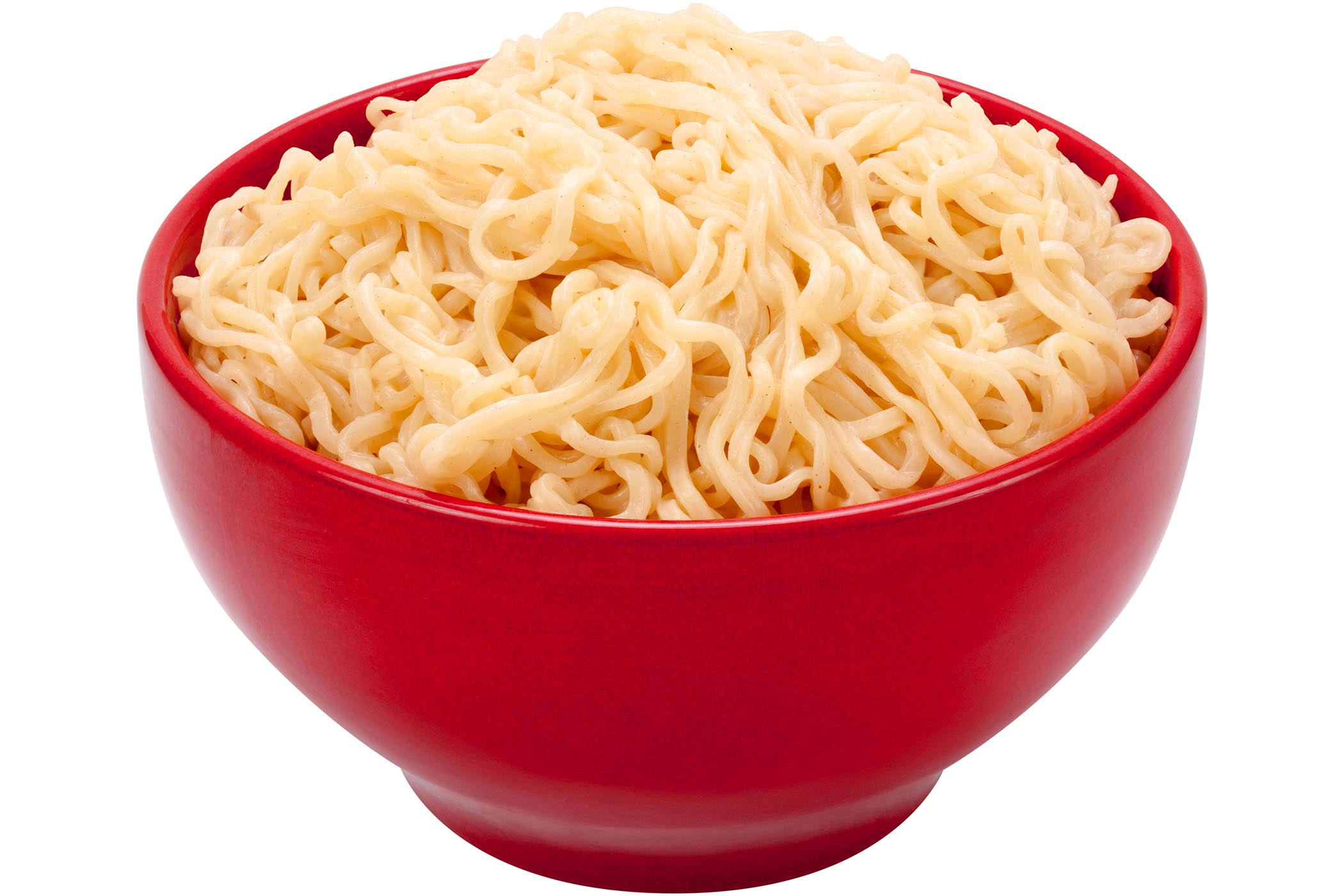
Podcast
Witness History
I love oral histories and a lot of my work is concerned with archives. So I love the Witness History programme. The episodes are just nine minutes long. Sometimes they use current events as a starting point, but they go deep into the archives and the scope is amazing. I listened to one about the guy who invented instant noodles. And there’s a really great episode about Irish supermarket workers who refused to sell South African products during apartheid. It’s an insight into a particular moments in history with a truly global perspective.
